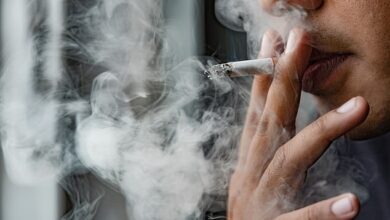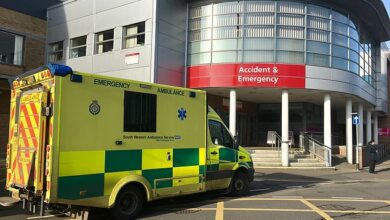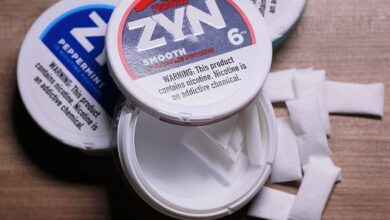Experts reveal how a common coffee habit could be leaving thousands of people with a painful health problem


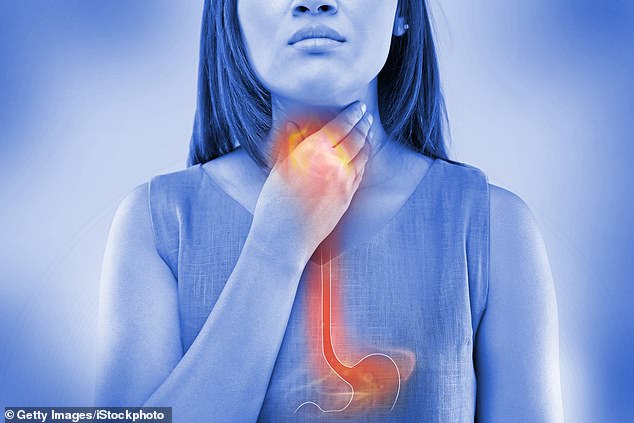
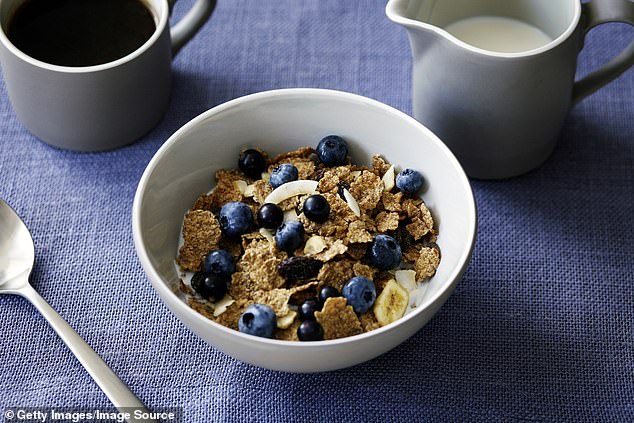
Do you skip breakfast in favor of a cup of coffee on the go? You’re not alone — one in five of us regularly goes without anything other than a caffeine fix until lunch.
However, experts warn that this habit could lead to nasty health problems.
Coffee not only makes you feel less tired and more alert, it also affects the balance of stomach acid levels.
Drinking it without food may cause severe stomach upset and heartburn.
According to experts, this can be solved simply: not by avoiding caffeine altogether, but by eating something in addition to your morning coffee.

According to experts, the popular drink causes acid to flow into the stomach, which can lead to painful indigestion and heartburn.

Caffeine stimulates the production of the hormone gastrin, which is responsible for the production of stomach acid
Coffee is a naturally acidic beverage that can irritate the stomach lining, especially if you drink it on an empty stomach.
‘Without food to buffer the acid, your stomach may respond by producing even more acid, causing heartburn,’ Rob Hobson, registered nutritionist at Healthspan and author of Unprocess Your Life, told MailOnline.
Coffee contains several components that can increase the acidity in our stomach.
Caffeine stimulates the production of the hormone gastrin, which is responsible for the production of stomach acid, Boston-based gastroenterologist Dr. Supriya Rao told Huffington Post.
While this gets the digestion process going, it also creates more acid in the stomach.
Plant compounds known as phenols, which are also found in abundance in coffee, also contribute to intestinal acidity.
“Coffee has a pH of about 5, while our stomach acid has a pH of about 2, making it more acidic,” Dr. Rao added. As a result, our stomachs should be able to handle the acid that comes with drinking coffee.

According to experts, this discomfort can be easily solved, not by avoiding caffeine altogether, but by eating something in addition to your morning coffee.
But it’s not just the rising acidity that causes upper abdominal pain and nausea.
Mr Hobson explains that the caffeine in coffee can relax the lower esophageal sphincter, the valve that separates the stomach from the esophagus.
“When this valve relaxes, it makes it easier for stomach acid to flow back into the esophagus, causing the burning sensation often associated with heartburn,” he said.
He added: ‘Coffee also stimulates the production of stomach acid, which is more pronounced if you drink it on an empty stomach.’
This theory has also been proven by a few studies, including one published in the Library of Medicine until 2022.
According to the study, coffee may help relax the lower esophageal sphincter, “allowing food to escape into the esophagus and causing heartburn.”
The effects can vary from person to person. For some people, the increased stomach acid that results from drinking coffee without food will not cause any problems, but for others it will cause discomfort.
If you suffer from heartburn, Mr Hobson advises avoiding coffee and other triggers such as citrus fruits, chocolate and mint. While eating foods with coffee can help, it depends on the type of food.
‘Choosing lighter meals can also help reduce stomach acid and lower the risk of heartburn, as heavy, fatty foods take longer to digest, causing more acid to be produced,’ he said.
He advises eating toast, banana, nuts, rice cakes or whole wheat crackers. These are better combined with coffee.
“It’s also important to know that drinking coffee with food, like tea, can interfere with the absorption of certain nutrients, such as iron,” he added.
‘I would recommend not drinking coffee if you suffer from heartburn on a regular basis. However, if it is an occasional occurrence, it may be better to have your coffee with a light snack rather than with a full meal, especially if you are drinking it between meals.’

